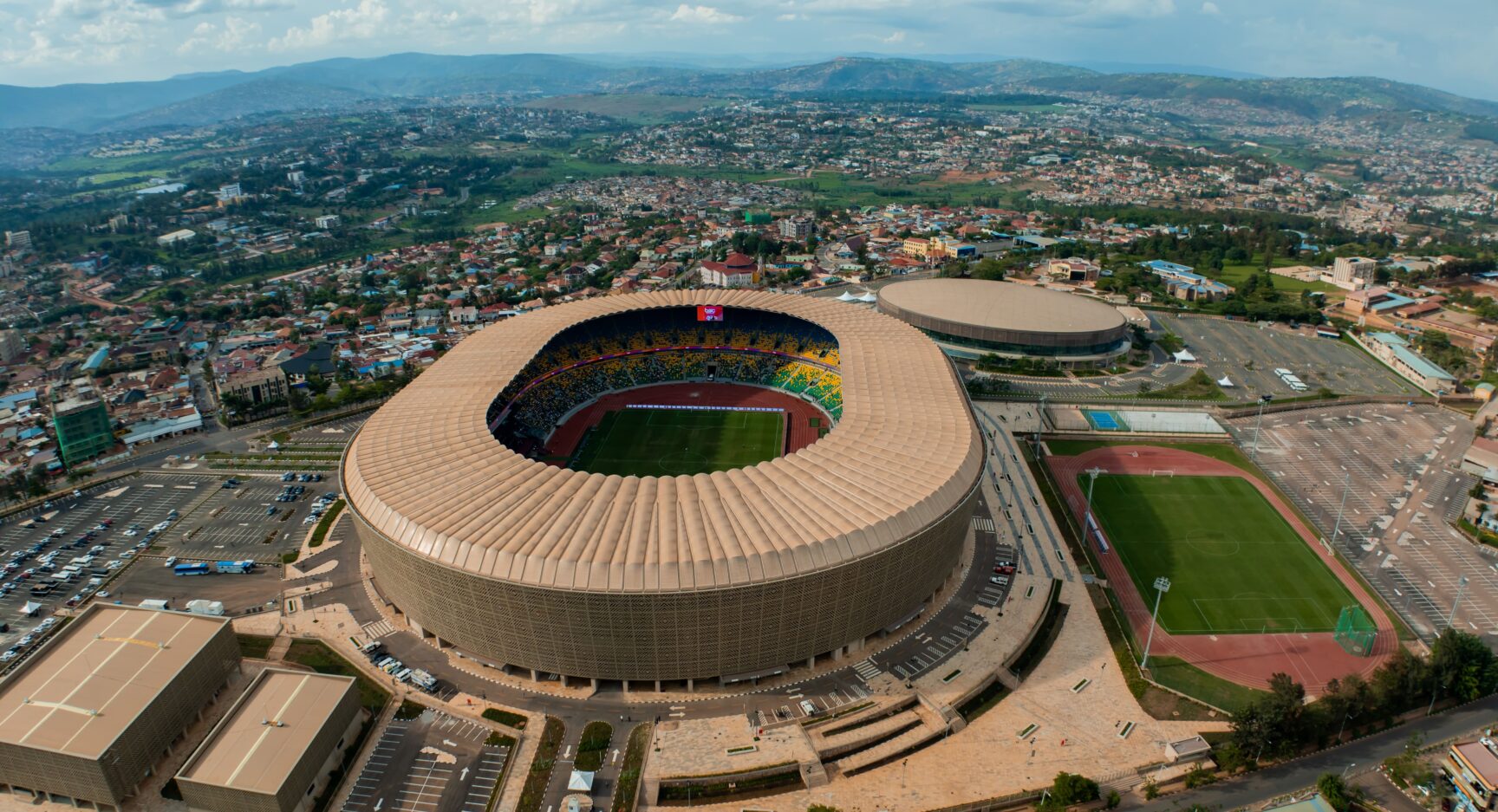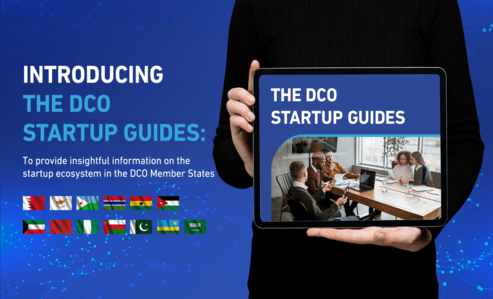Council member
Rwanda
Rwanda officially joined the Digital Cooperation Organization in April 2022, becoming the group’s eight official member.
Its participation is led by the Ministry of ICT and Innovation.
Like all DCO members, the African state views technology as key enabler for its development as a nation. This is encapsulated in ‘Rwanda Vision 2050’, the country’s strategic growth roadmap. Under this, specific action plans to raise digital literacy rates, improve ICT skills and position its tech sector internationally have been rolled out. This forward-looking approach to digital policymaking, coupled with a renowned entrepreneurial spirit, is helping the country achieve its ambition of becoming a leading knowledge economy and ICT hub in Africa with a mature innovation ecosystem.
Key Achievements
- In 2018, Rwanda inaugurated its 2018 – 2024 ICT Sector Strategic Plan to guide the development of its digital economy.
- In 2019, Norrsken Foundation announced that it would open its first entrepreneur hub outside of Sweden in Kigali.
- In 2021, World Bank provided $100m to accelerate Rwanda’s digital transformation through improved connectivity access and digital literacy projects.
- In 2021, the Ministry of ICT and Innovation passed a new personal data protection law to facilitate services related to the digital economy.
- In 2021, the Innovation Fund launched in Kigali to provide venture capital to emerging businesses looking to scale in Rwanda and across Africa.
- In 2022, the country, in conjunction with the World Economic Forum, launched the Rwanda Center for the Fourth Industrial Revolution, to help design and pilot new approaches to technology governance.
Integral to Rwanda’s digital transformation efforts has been increasing the adoption of, and access to, digital devices and services.
To achieve this, steps have been taken to distribute smart devices to families across the country and provide digital literacy training courses to young students, particularly girls and women.
Demand-side initiatives such as this have helped to build local interest in digitally enabled goods and services. Renowned for an entrepreneurial spirit, young Rwandans have rapidly stepped in to take full advantage. Start-ups in e-commerce, health, agriculture and fintech have emerged from accelerators such as Norrsken House. With funding provided by bodies such as the Rwandan Innovation Fund, entrepreneurs have been able to launch, test and scale across the country and Africa, attracting talent and interest from multi-nationals. Indeed, the country has quickly become one of Africa’s innovation hotspots, ranking fourth amongst start-up ecosystems in Africa in the 2022 Global Startup Ecosystem index.
Regulatory and policy reform has played a complementary role in the growth of Rwanda’s knowledge economy, with ministries ensuring that the frameworks governing the ICT sector have kept pace with the advancements in technology. Key to this has been the launch of the Rwandan Centre for the Fourth Industrial Revolution, a partnership with the World Economic Forum, which has already helped to reform laws around data protection and privacy and co-design a national artificial intelligence policy.
The momentum generated through these initiatives has resulted in positive social outcomes for the Rwandan people. From digitized transport systems reducing journey times across the capital to improved healthcare support for young mothers, citizens are seeing the benefits of early investment and sustained support for the ICT sector.








